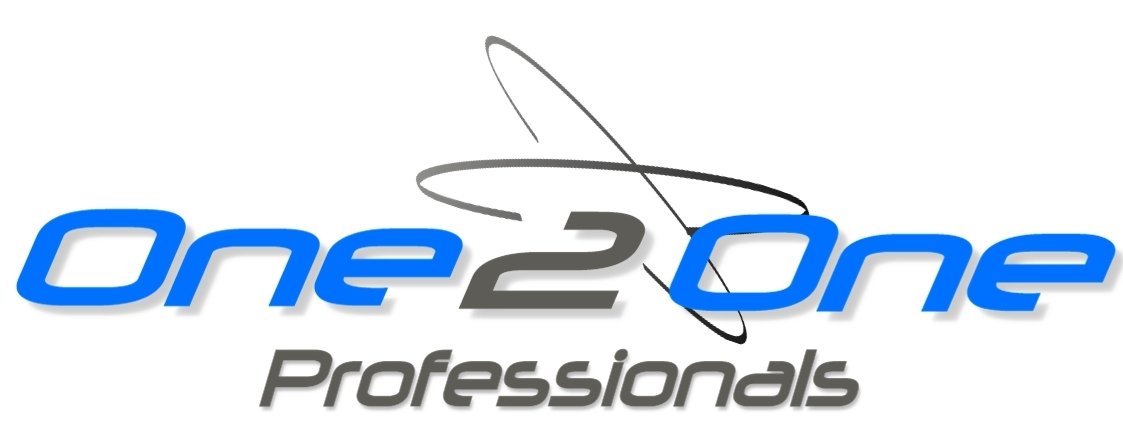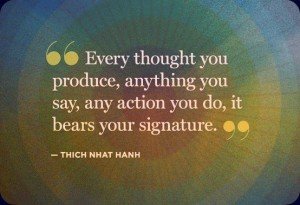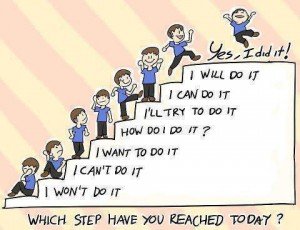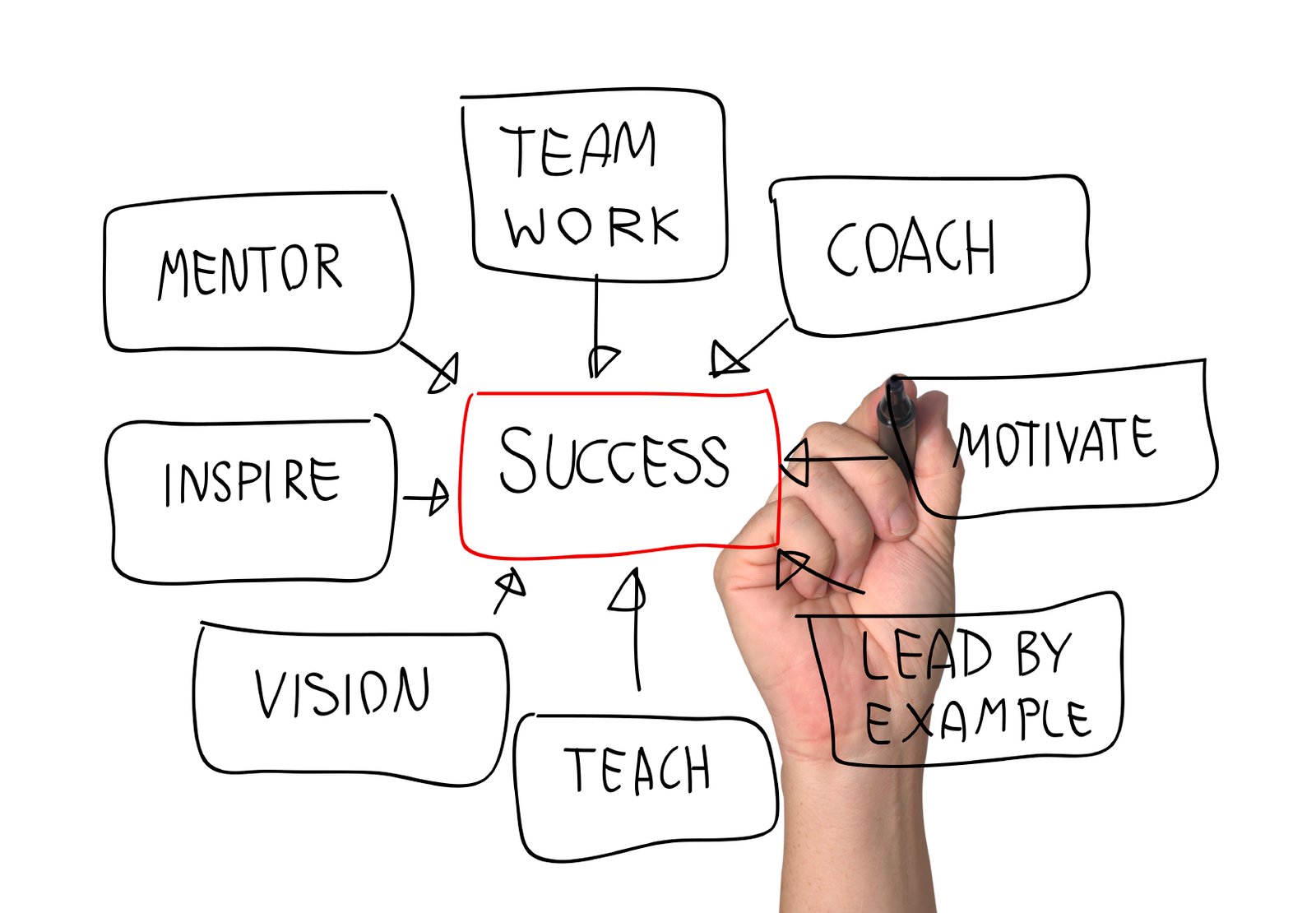In this present day and with the days to come one thing is certain…..UNCERTAINTY.
UNCERTAINTY = CHANGE
CHANGE happens in life…family, health, finance, home, work, friends, community, country and the world. Its a natural phenomena and cycle yet we have not learned to embrace it unless we have an assured positive outcome.
Uncertainty of not knowing what is to come and how it be is uncomfortable for most of us. A few of us thrive on it. The adrenaline rush that uncertainty creates can be harnessed and focused for a specific outcome, an end goal we decide and wish to attain. I am referring to the competitive athlete who is dedicated and trains tenaciously to attempt to achieve their greatest win to triumph over themselves and others. They then are focused on using that ENERGY to spur them on to their next CHALLENGE.
Uncertainty tends to evoke an inner dialogue which then directs our thoughts. More often than not this uncertainty brews anxiety in our minds which then reflects and is manifested in our bodies. As our thoughts reiterate and spiral out of CONTROL repeating automatically it feels like we have lost control and choice of our destiny. In the moment of contemplation and realisation it turns to fear of the unknown.
Some of us have learned the ability to rationalise and mindfully acknowledge the unknown. Most of us have never been shown or taught this life lesson and so the result is F.E.A.R. = False Evidence Appearing Real
The good news its that our thoughts are powerful and we have the CHOICE to direct them mindfully.
* So how important is flexibility? * How is flexibility connected to resilience? * What’s the Purpose of Resilience?
MANAGE UNCERTAINTY and ADAPT TO CHANGE
So is it about survival of the fittest in this competitive fast paced life? It about taking ACTION to learn the strategies to help yourself.
Learning about Resilience shows us how to
- Be more able, agile and responsible
- Cope better with challenges and change
- Think more innovatively, positively and optimistically
- Manage emotions and stress levels
- Improve personal wellbeing and life balance
- Help make a positive difference.
Learning how to be resilient will enable us to address the uncertainty and flow with the tides to accept the inevitable.
Resilience is having the ability to bounce back, get up and go on with PURPOSE.










